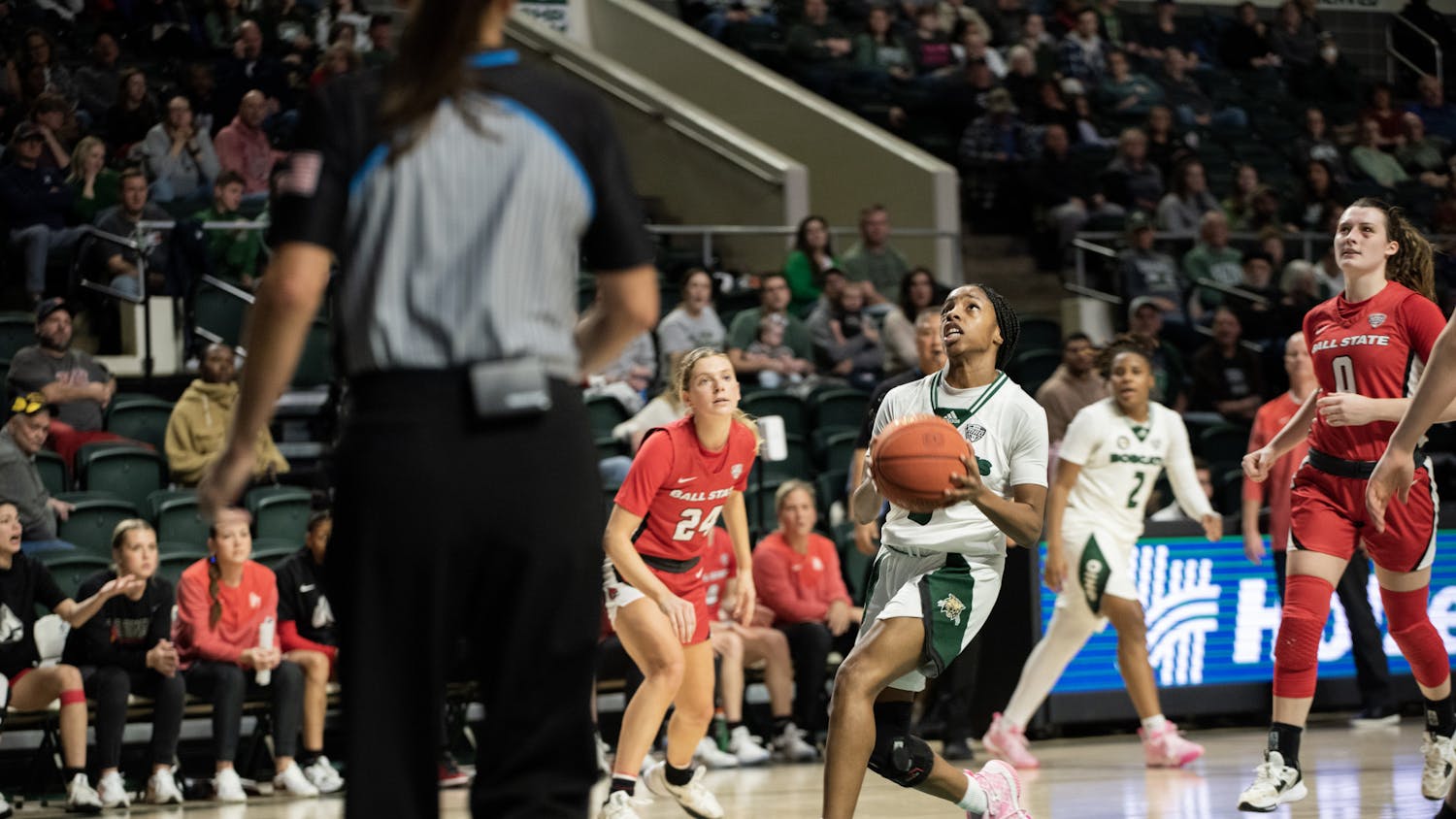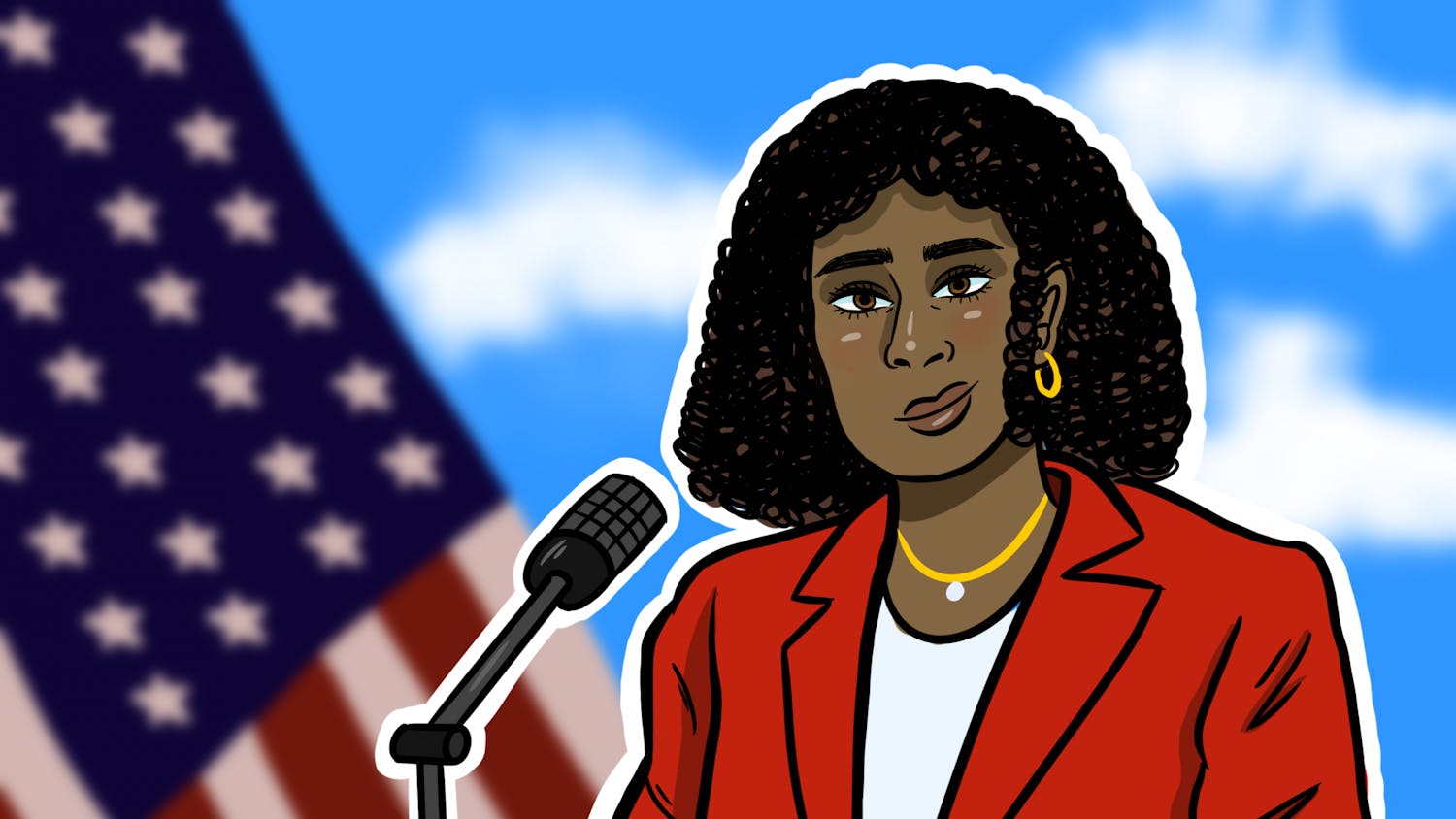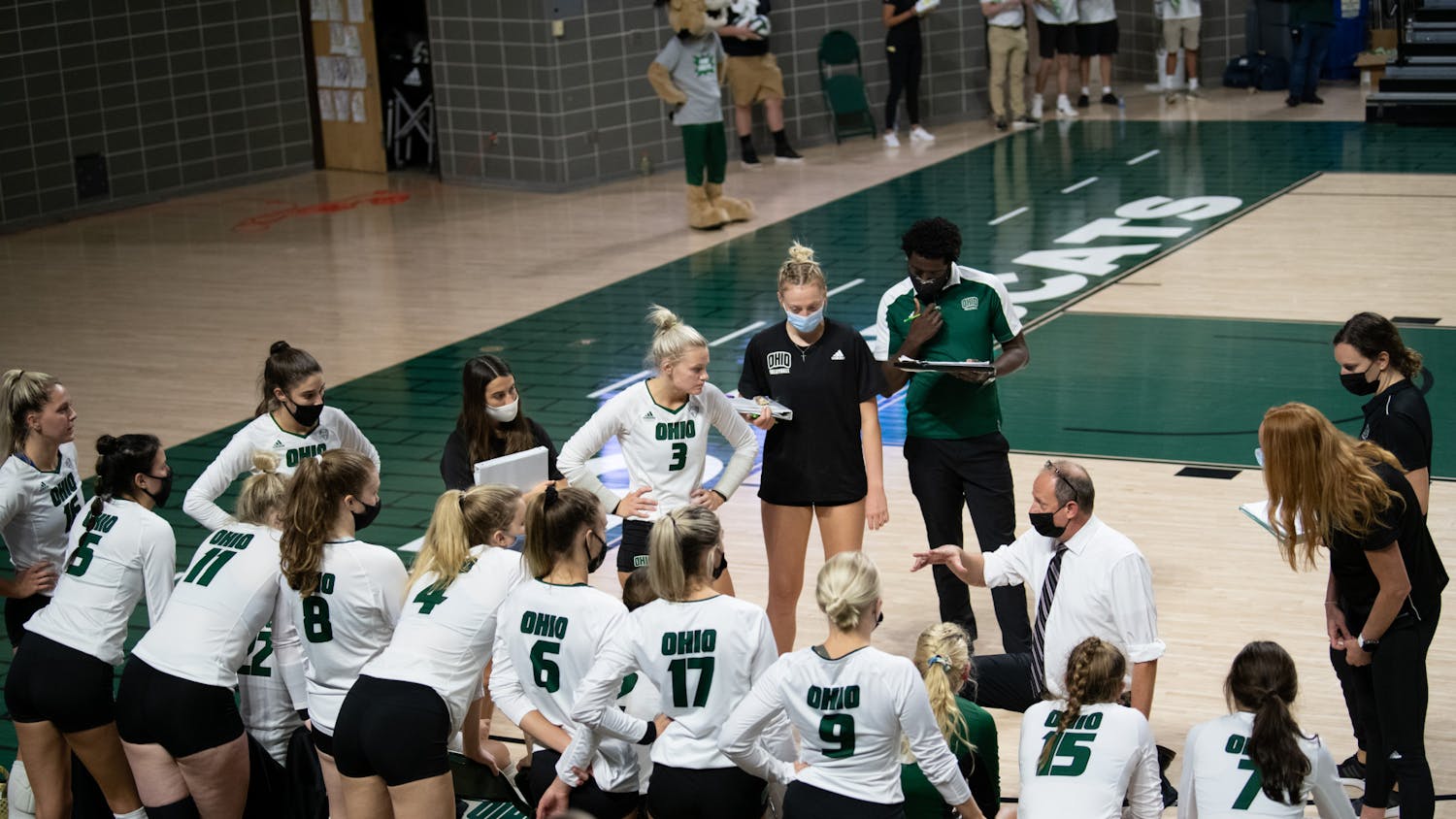Operation “Save Caleb” has raised over $24,000 on GoFundMe since Jan. 16 with contributions from Bobcats and people connecting to the cause from Upper Sandusky, Ohio, and beyond.
Kathy White, former Ohio University student and current budget manager and student services specialist for the Honors Tutorial College, and her family need support to fight against a rare genetic condition called cerebral x-linked adrenoleukodystrophy, or cerebral ALD.
White’s grandson, Caleb, who is 7 years old, is the son of Lonnie and Shauna McMillan and the younger brother to 9-year-old Tyler, the four of whom live in Upper Sandusky. Lonnie is the sports editor at the Daily Chief-Union and Shauna is a professor at Tiffin University, and both are OU grads.
Adrenoleukodystrophy is a genetic condition that leads to the buildup of a long chain of fatty acids (VLCFAs) in the brain, according to Boston Children’s Hospital. The accumulation of VLCFAs causes the protective myelin sheath around nerve cells responsible for brain function to be destroyed. Without the myelin sheath, the nerves cannot communicate information to and from the brain.
There is a genetic mutation in ALD that causes other related conditions, also according to the children’s hospital. The most common and most devastating being cerebral ALD, which is usually found in boys between the ages of four and 10. Women carriers of the gene mutation do not develop the full condition, but around half see some symptoms appear.
The cause of ALD is linked to the mutation of the ABCD1 gene on the X chromosome. Because women have two X chromosomes, the mutation will always be offset even if she inherits the gene, according to the hospital. On the other hand, because males only have one X chromosome, the disease is caused by the gene abnormality.
“My oldest grandson (Evan) was diagnosed with this in 2016 in January, and he passed away from it in November,” White said. “So he was only diagnosed for like 11 months before he passed away from (CALD).”
By the time Evan was diagnosed, too much damage had been caused by cerebral ALD, White said. Evan passed away at the age of only nine. Due to Evan’s diagnosis, it was clear that both Tyler and Caleb, Evan’s younger cousins, needed to be tested for the same condition.
“Tyler was like two and Caleb was like eight months when they found out that they carry this defective gene because it runs in families,” she said. “So (doctors) have been monitoring these boys closely since about two and they monitor them with MRIs every six months and blood work every three months.”
The most common symptoms for cerebral ALD are behavioral problems, poor memory and difficulty in reading, writing and understanding speech, according to the children’s hospital in Boston. As the disease progresses, it can lead to vision problems, seizures, difficult swallowing, deafness, poor coordination and inability to speak. Unfortunately, without treatment, ALD progresses rapidly and often leads to death or a vegetative state within a few years.
On Dec. 30, Caleb’s MRI results came back revealing the first lesions on his brain, which is the first sign of cerebral ALD’s progression, White said. A bone marrow transparent, or BMT, and also known as a blood stem transplant is the only effective treatment option for ALD, according to the hospital. It can be difficult for patients to find a donor match, and Caleb has no matches in the BMT registry. Tyler, who does not have signs of cerebral ALD currently, had perfect matches, White said.
Although Caleb had no BMT matches, the FDA, in September, accelerated their approval of a new gene therapy marketed as Skysona, “to slow the progression of neurologic dysfunction in adolescent boys with early, active” cerebral ALD, according to the Association for the Advancement of Blood & Biotherapies.
Boston Children’s Hospital contributed to the development of the therapy, which is the only treatment option for Caleb. The McMillan’s, minus Tyler, will travel to Boston for Caleb to receive the gene therapy at the Massachusetts General Hospital, or Mass General, from Dr. Florian Eichler. Eichler is the director of the leukodystrophy clinic at Mass General and has a 90% success rate through gene therapy trials, according to the GoFundMe.
White’s job shifted a bit and she will be working remotely in the future. The change was made before Caleb’s diagnosis, and White said it was a plus in the situation.
“My husband and I are gonna go to live with (my) older grandson so he can remain as normal as possible while they’re in Boston,” White said. “And since my job has changed into remote, I can do that easily from where they live too.”
The family has to wait to start the gene therapy until more damage is seen in Caleb’s brain, White said, because boys aren’t usually diagnosed as early as Caleb was.
“Usually that damage has already happened before they’re diagnosed,” she said.
Groups of people from opposite sides of Ohio are donating to the GoFundMe to support the McMillans as Caleb will be monitored for 15 years after the gene therapy is complete. White said Caleb, who’s a “laid back kid,” is in a running club and loves to play Pokémon on his Nintendo Switch. And when Caleb is in Boston and Tyler’s at home, they’ll still be able to play games together on the gaming system.
There will be great and unknown travel and medical costs included in ensuring Caleb has the best care possible. The GoFundMe has a current goal of $100,000, and White said if the family has money leftover after the therapy, they will most likely donate the rest to the ALD Foundation. People donating to Operation “Save Caleb” are building a strong network of Caleb champions who will continue to back him and the McMillans.
“It’s really touching because you don’t know what kind of community you have until something like this happens,” White said. “And I go through the list of people that have donated and some of them I know well, some of them I just met in passing, but it’s nice to know that those people are thinking about us and are willing to put out a little bit of money to support us.”






